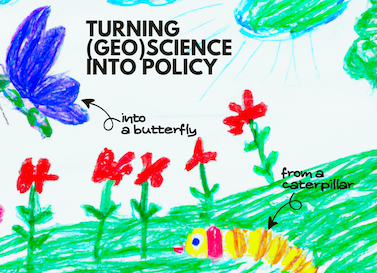Monitoring phreatic eruptions can be challenging due to the lack of clear precursors and the harsh conditions in which monitoring instruments must operate. Some of…
Author: DasaptaErwin
What are the different types of remote sensing techniques used to study volcanic activity?
There are several types of remote sensing techniques used to study volcanic activity, including[1][2]: These techniques, when used in combination, can provide valuable data for…
What are the causes of magmatic eruptions?
Magmatic eruptions are caused by the decompression of gas within magma, which propels it forward. There are several factors that contribute to magmatic eruptions, including[1][2]:…
What are the differences of phreatic and magmatic eruption?
Phreatic eruptions are known for their sudden onset, often with few or no precursors. However, some potential warning signs include[1] : It’s important to note…
What are the causes of phreatic eruption?
Phreatic eruptions are caused by the interaction of magma with water, either in the form of groundwater or surface water. The primary causes of phreatic…
Introduction to phreatic eruption
Phreatic eruptions are steam-driven explosions that occur when water beneath the ground or on the surface is heated by magma, lava, hot rocks, or new…
What are the advancements of technology to predict phreatic eruption?
The advancement of technology in predicting phreatic eruptions has been a subject of extensive research in recent years. Various studies have highlighted the challenges and…
What are the challenges in predicting magmatic eruptions?
Predicting magmatic eruptions is a complex and challenging task due to several factors: Despite the many challenges that scientists face, they remain dedicated to making…
What are the limitations of using remote sensing to predict magmatic eruptions?
What are the limitations of using remote sensing to predict magmatic eruptions? Remote sensing, while a valuable tool in monitoring volcanic activity, has limitations in…
Turning (geo)science into policy
Why is it important to turn (geo)science knowledge into policy?
Author: Dasapta Erwin Irawan (This blogpost is a preprint version)
Turning geoscience knowledge into policy is important for addressing complex environmental and societal challenges. Geoscience knowledge can be used to support policy and practice through dialogue and partnerships between geoscientists and other stakeholders (Gill & Bullough, 2017).
Read more







